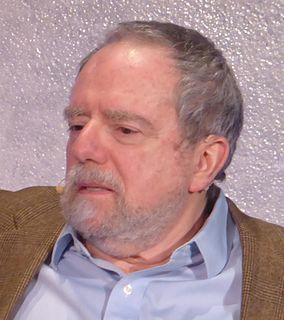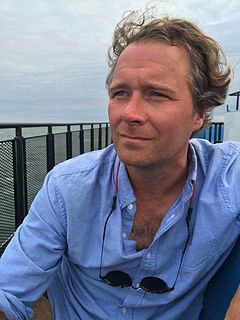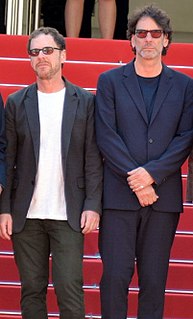A Quote by David Denby
You might learn as much about how to write by reading Shakespeare, Tolstoy, Wallace Stevens, Raymond Chandler, Saul Bellow, Paul Muldoon or a hundred other good novelists or poets than by seeing another round of John Ford revivals.
Related Quotes
I started moving away from poets like Wallace Stevens and Hart Crane and started reading poets like, again, Karl Shapiro, Howard Nemerov, Philip Larkin, and the British poets who were imported through that important anthology put together by Alvarez - and those would include Thom Gunn and Ted Hughes. And I think these poets gave me assurance that there were other ways to write besides the rather involuted style of high modernism whose high priests were Pound, Eliot and Stevens, and Crane perhaps.
There are authors like David Foster Wallace or Raymond Chandler - with voice-based authors I might end up a completist, because what I love about them isn't just the particular construction of one novel or another but their flavor. There is an Austrian writer, Thomas Bernhard, as well. One book is not necessarily greater than another book, but they just have this incredible, unique voice, so it doesn't really matter which one you read.
I think if I were reading to a grandchild, I might read Tolstoy's War and Peace. They would learn about Russia, they would learn about history, they would learn about human nature. They would learn about, "Can the individual make a difference or is it great forces?" Tolstoy is always battling with those large issues. Mostly, a whole world would come alive for them through that book.
I was influenced by the Beats because I actually just began to commit adolescence around 1955, when "Howl" and Rebel Without a Cause and a lot of other new things were popping up. (Again I'm trying to give you a finite version of this career.) And then I came under the sway of Wallace Stevens when I was in college and graduate school, and basically set as a life goal the ambition of writing third-rate Wallace Stevens. I thought I would be completely content if I was recognized at some later point in my life as a third-rate Wallace Stevens.
Wallace Stevens had more time to write as an insurance agent. He was a bond lawyer and I know that insurance company lawyers don't have to do nearly as much as we had to do. We were out more in the production area. I'm not condemning Stevens for having had a better job than I did, but that's one of the many places where I differ from him.
The positive thing about collaborating is that I cannot get distracted by coding work, because I cannot waste the other collaborator's time in the same way as I can my own. And it's always good to learn how the other person works, learn about techniques, learn social things like: how do you communicate with another person? The music I make with other people I'm much more confident about, I'm a little bit less judgemental of the outcome than with my own stuff because I know it's not only me, it's a more outside of me. Sometimes I even like them better than my own tracks.
































